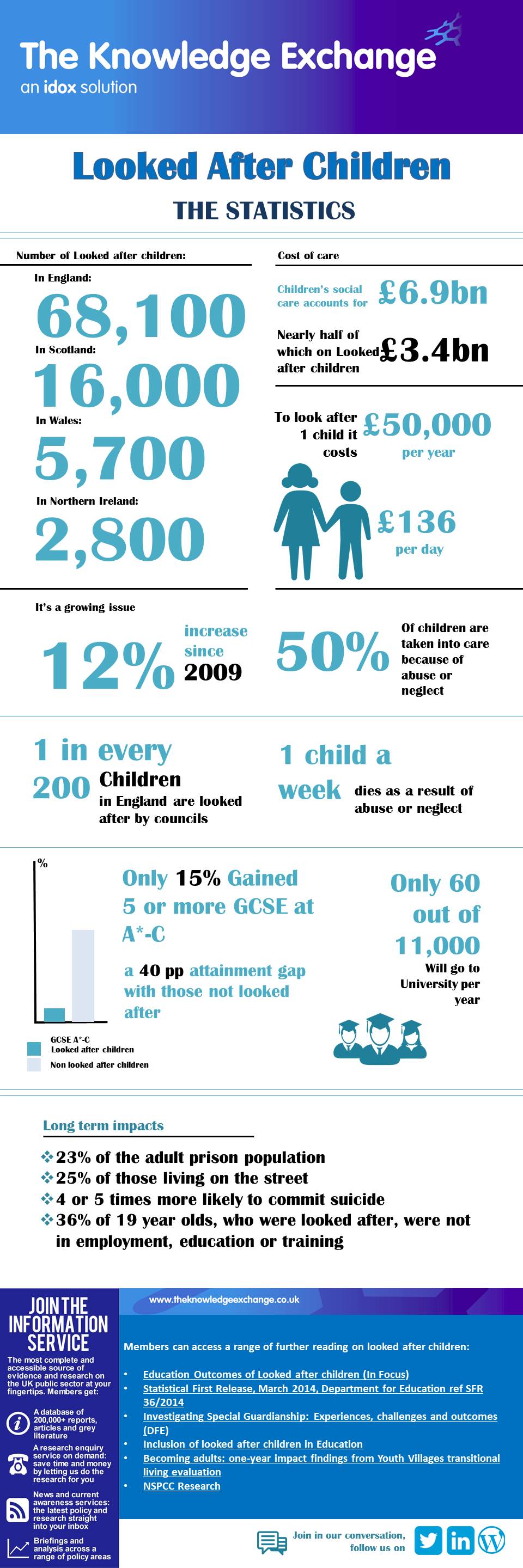Earlier this week, the Prison Reform Trust announced an independent review into why so many children in care in England and Wales end up in the criminal justice system. Led by Lord Laming, the inquiry is expected to report back in early 2016. This news follows on the heels of Foster Care Fortnight (held in the first two weeks in June) which aims to raise awareness of the value of fostering, and encourage more people to foster.
As a former foster carer of teenagers, I have a very real understanding of the challenges facing foster carers. My own experience was both the most rewarding job and the hardest – nothing equips you for dealing with the issues children in care go through. The back stories of young people who end up in care are inconceivable to most of us, but the opportunity to give a young person an alternative, a better future or a new beginning is a vital service to our community, one which is undervalued.
Empowering children in care
The greatest challenge I faced as a foster carer was not the behaviour, the police and court visits, or under resourced social workers, it was dealing with the concept that young people in care are lost, their lives are everyone’s business and unlike you or I, they are not empowered to make decisions for themselves. This empowerment requires strong and trusting relationships between carers and the child.
The Centre for Social Justice in their recent report ‘Finding their feet: equipping care leavers to reach their potential’ highlights the value of ‘staying put’ which allows young people to remain in foster care, and recommends young people should only be moved on when they feel ready. The report provides good practice and case studies to enable young people leaving care make a successful transition into adulthood.
A huge social issue
Looked after children (LAC) are a huge social issue; currently in England there are 68,110 children being looked after by councils, representing 0.6% of all children under 18, the majority because of abuse or neglect. This number has increased by 12% since 2009. Children’s social care accounts for 5% of local authority total spend, at £6.9bn, with £3.4bn specifically on LAC. It costs on average £137 a day, or just over £50,000 per child a year.
The Audit Commission report into LAC, found they do less well at school than other children. They are also likely to experience poorer outcomes in adult life and this can have wider societal impacts, leading to higher costs to the public purse in the long term. Long-term impacts include: 23% of the adult prison population; 25% of those living on the street; they are 4 or 5 times more likely to commit suicide in adulthood and 36% of 19 year olds who were looked after, were not in employment, education or training.
The value of foster care
So a foster carer should be valued by society as a means to resolving this growing social issue. Recent work understanding foster placement instability for looked after children highlights a number of factors which lead to foster placement breakdown:
- older age of child
- externalising behaviour
- longer total time in care
- residential care as first placement setting
- separation from siblings
- foster care versus kinship care
- experience of multiple social workers.
And protective factors include:
- placements with siblings
- placement with older foster carers
- more experienced foster carers with strong parenting skills
- placements where foster carers provide opportunities to develop intellectually.
As The Fostering Network highlights, fostering is about making a difference, touching the lives of young people and making a positive change.
Find out more about being a foster carer from your local council or the gov.uk website.
Become a member of the Idox Information Service now, to access a wealth of further information on how social services can help and support foster carers, including case studies and commentary. Contact us for more details.
Further reading for members:
Investigating Special Guardianship: Experiences, challenges and outcomes
Inclusion of looked after children in education
Becoming adults: one-year impact findings from Youth Villages transitional living evaluation
Share
Related Posts
A recent item on BBC Radio 4’s Today programme generated an unusually high number of responses from listeners. A man who had lost his job in the financial services sector at the age of 57 described his difficulty in trying ....
By Donna Gardiner While free school meals (FSM) have been available in England on a means-tested basis since 1944, recent years have seen a renewed focus upon the potential benefits of providing free school meals to all school-aged children. Currently, ....
By Robert Kelk and Chris Drake A new start for an old challenge? The recent appointment of Marc Lemaître as the European Commission’s director general for research and innovation (R&I) has returned Europe’s R&I gap to the spotlight. Previously head ....
Today sees the start of Community Garden Week 2023. Across the UK, communities will be celebrating the many and varied types of community gardens, from children’s and neighbourhood gardens to therapy gardens and allotments. The benefits of community gardens are ....

